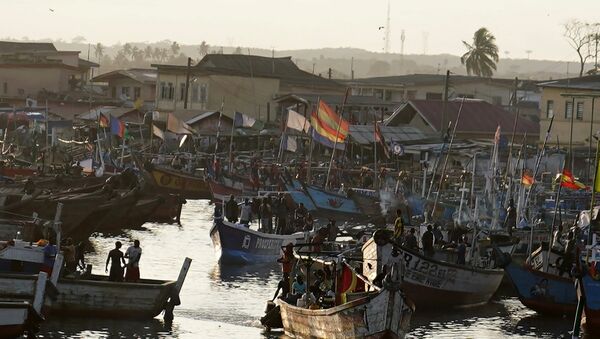Just under 4 billion people have censored, highly-restrictive or in most cases, no access to the internet, says a new soon-to-be-released study by the World Wide Web Foundation, the brainchild of world-wide-web inventor Sir Tim Berners-Lee.
Worldwide growth of internet access has significantly slowed, according to new information, suggesting that billions of poor and isolated people have no possibility of using online tools to lift their communities above deep poverty and ignorance.
Beginning in 2015, the rate of global online access has sharply dropped, particularly among women and poor in rural regions, significantly locking out over half of humanity from business, education, and the myriad of other opportunities of connected living, according to an as-yet-unpublished study pre-released to The Guardian.
Using UN data, the Berners-Lee World Wide Web Foundation report will be released next month, and will shockingly reveal that worldwide access to the internet has fallen from 19 percent in 2007 to below 6 percent in 2017.
"We underestimated the slowdown, and the growth rate is now really worrying," stated Web Foundation research director Dhanaraj Thakur.
"The problem with having some people online — and others not — is that you increase the existing inequalities," Thakur noted, cited by The Guardian.
"If you're not part of [the internet], you tend to lose out," he added.
According to the new data, of the estimated 3.8 billion who are not connected, an overwhelming share are female. In rural, poor regions, numbers of men using the internet are double that of women.
Those who cannot access the world wide web miss out on online public debate, economic and educational opportunities and key digital government services including ID card applications and tax filing.
"As our daily lives become increasingly digital, these offline populations will continue to be pushed farther to the margins of society," notes the unpublished report, cited by The Guardian.
Something different has to happen to change the trend," stated Deputy Secretary General of the UN International Telecommunication Union Malcolm Johnson.
"We need much cheaper connectivity and there has to be more work done on content to attract people," Johnson asserted.
"It's not just about connectivity," he added, "You have to make it worthwhile for people to pay to connect. There has to be content they can understand and is of benefit to them."
Efforts to allow global internet access through the use of purpose-built satellite constellations and high-altitude balloon transponders are tech moves that could make a "huge difference," Johnson noted.




